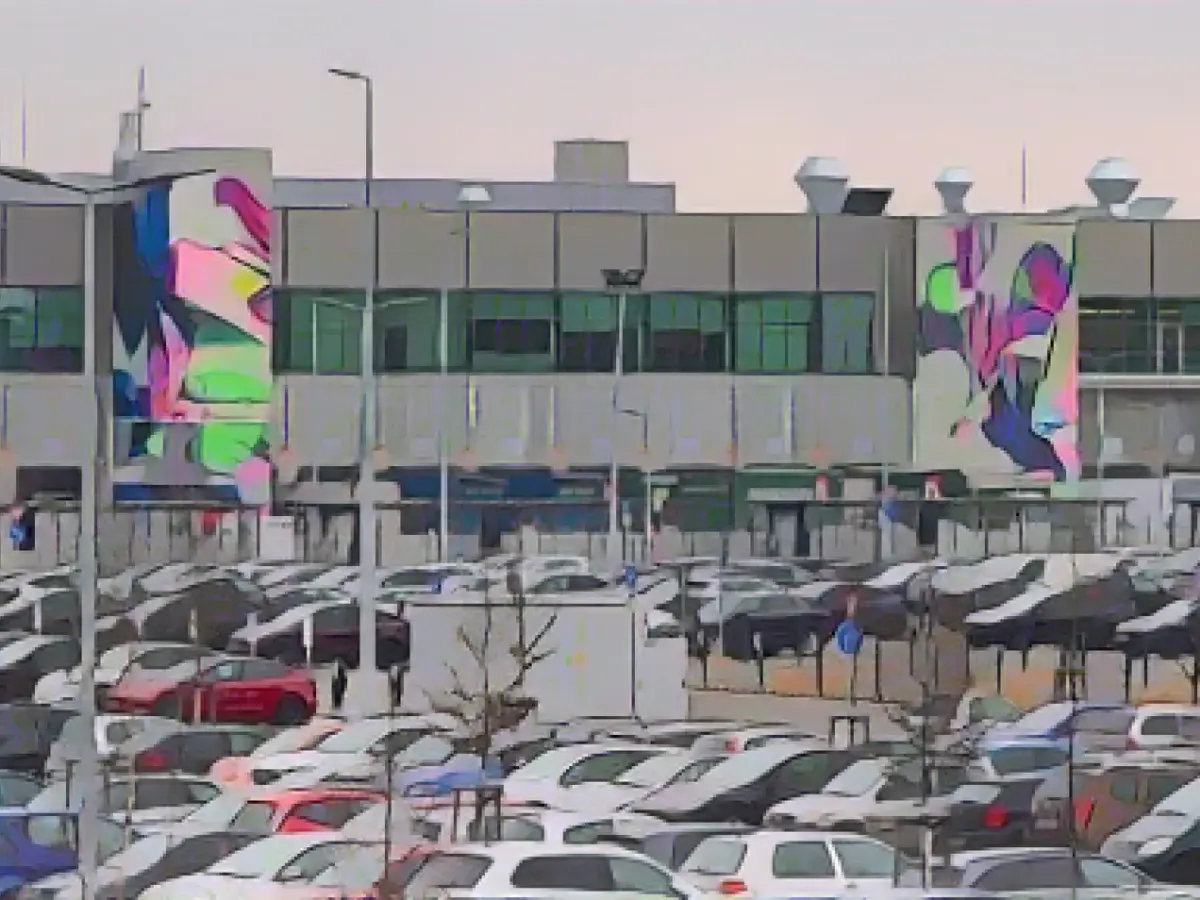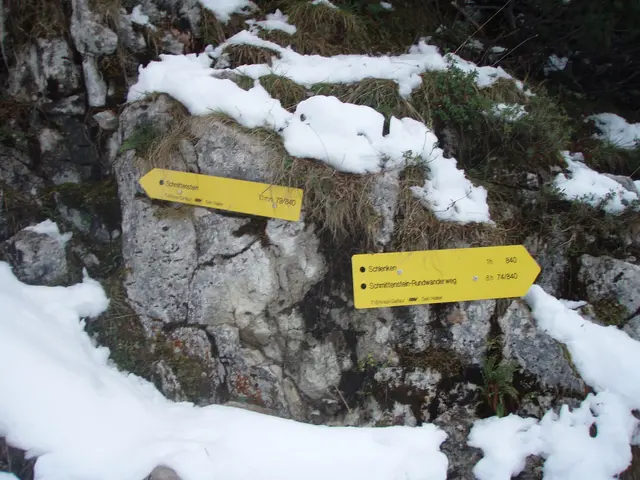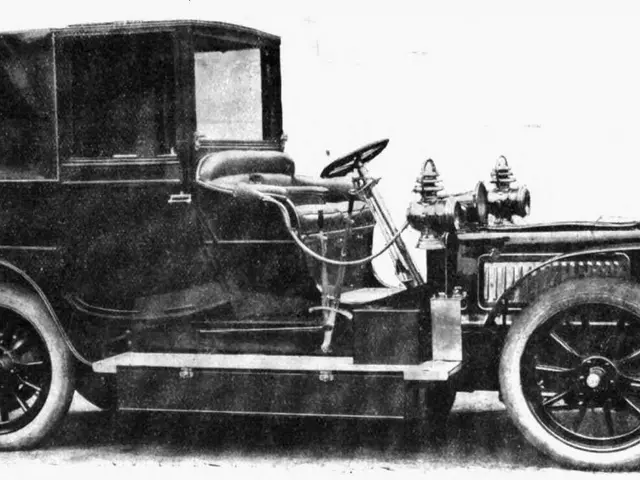Cruising up to Tesla's freshly built electric car factory in Grünheide, close to Berlin during the festive season, you'll spot a tiny Christmas market. Employees can nosh on bratwurst and practice curling here. Power up your e-car using the plentiful charging ports dotted around the parking lot. But Tesla wishes to be unique. Priority one: speed. By German standards, they built and approved the factory swiftly and opened it in March 2022. Come 2024, Tesla plans to fast-track the factory expansion if environmental approval is secured.
Currently, the Brandenburg State Office for the Environment (LfU) hasn't offered a timetable for when approval will be granted. The LfU is finalizing outstanding statements from involved parties and preparing a presentation of the expansion's predicted effects, along with a final review. Over 1,000 objections from critics will be accounted for in this review. The authority requested Tesla to reconsider or enhance certain application points.
Tesla wishes to double the factory's current 500,000 car per year production to a million with the expansion. They're also aiming to increase the battery cell storage capacity from 50 to 100 gigawatt-hours per year. For the factory expansion, Tesla is submitting a multi-stage application for modification approval to the state of Brandenburg. Presently, around 11,500 employees work in Grünheide, and this count is projected to rise to 22,500 with expansion.
Environmentalists express concern regarding the expansion due to the factory's location in a water protection area. The contentious plan to install around 81,000 piles for new plant building foundations has sparked debate. But Tesla dismisses these criticisms, citing optimizations at the plant and the existing water consumption as sufficient for the expansion.
Tesla reports recycling up to 100% of wastewater within the factory due to its upgraded wastewater treatment plant. Surprisingly, the company argues it currently uses less water than its contractually agreed amount with the Strausberg-Erkner water association – only 4% of the association's total production volume of approximately 10 million cubic meters in 2022.
Soon-to-be-drifted developments for the factory expansion include improvements at the plant, new facilities like a wastewater treatment facility and a hazardous material storage building. Future stages of construction will entail new car and battery production buildings. Tesla is currently not planning to manufacture batteries entirely in Grünheide due to the anti-inflation law in the USA offering massive subsidies for battery production in Austin, Texas.
The Grünheide City Council, in a December 2022 meeting, voted in favor of drafting a new development plan. Challenges, like forest clearing, have drawn criticism. For instance, the Association for Nature and Landscape in Brandenburg, a citizens' initiative against Tesla, has expressed dissatisfaction.
Also read:
- The approaching year's finish unveils a special adventure for those visiting the Tesla plant in Grünheide near Berlin: a mini-Christmas market and the opportunity to recharge your electric vehicle.
- Despite the swift construction and approval of Tesla's electric car factory in Grünheide, Germany, environmental concerns remain, primarily surrounding the expansion plans and potential water resource impact.
- Tesla's expansion plan for the Grünheide factory is pending approval from the Brandenburg State Office for the Environment, which is still addressing various concerns and outstanding statements from stakeholders.
- Tesla aims to double car production in Grünheide from 500,000 vehicles per year to 1,000,000 with the factory expansion while increasing battery cell production capacity by 50 gigawatt-hours per year.
- Critics of the Tesla factory expansion in Grünheide include environmentalists wary of water resource impact, deforestation, and habitat disruption. Despite these concerns, Tesla assures it can manage with the existing water volumes and has optimized its wastewater treatment.
- Beyond car and battery production facilities, Tesla plans to expand Grünheide's site with freight transport infrastructure, warehouses, and a daycare center, along with building its own factory train station.








